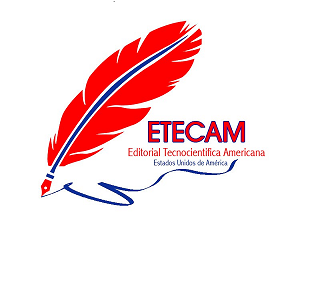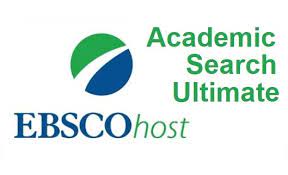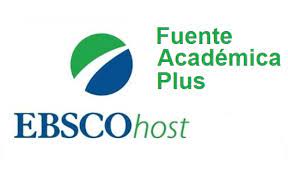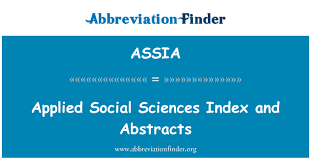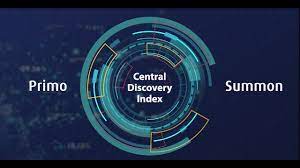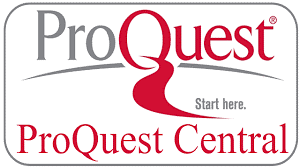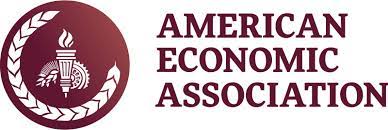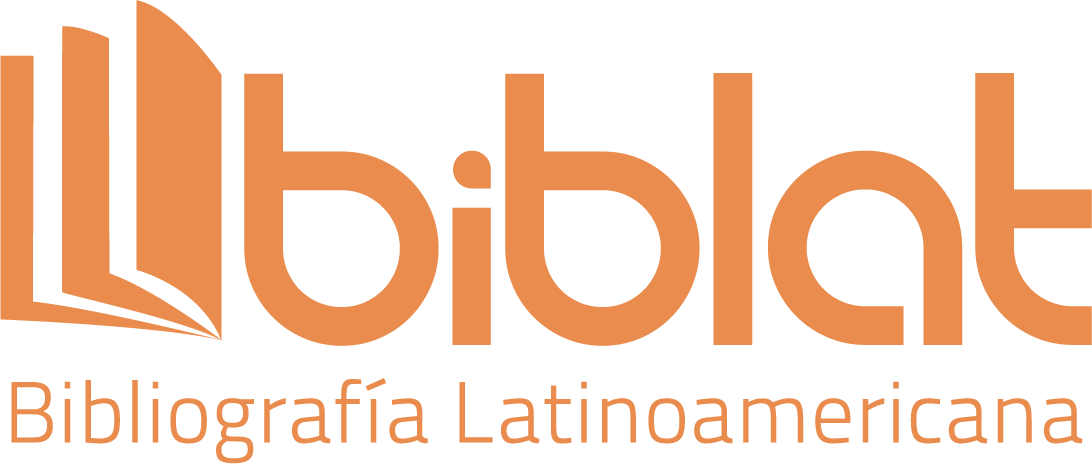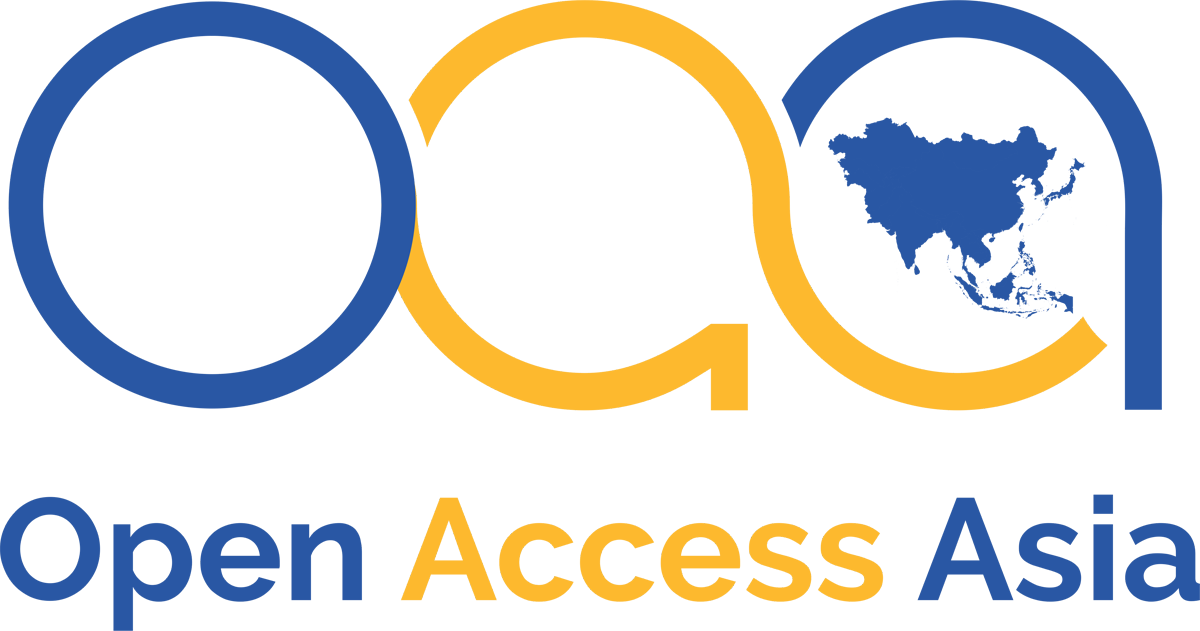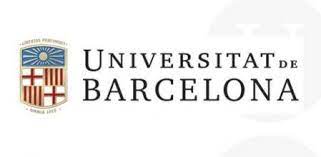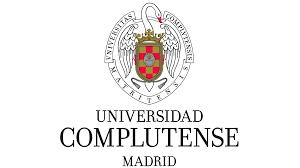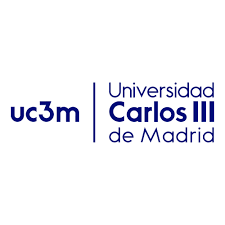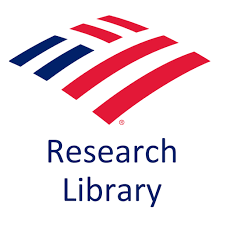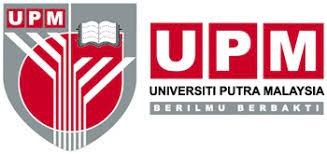Didactic strategy to improve the teaching-learning process of basic operations
DOI:
https://doi.org/10.51736/sa.v7iEspecial%206.423Keywords:
didactic strategy, teaching-learning process, basic operationsAbstract
At present, mathematics occupies one of the first places in the attention to improve its teaching, while the mastery of basic operations, and the results achieved each year, are considered a problem of a contextual pedagogical nature on a global scale. Therefore, the objective of this research is to develop a didactic strategy to improve the learning of basic operations of fourth grade students of basic education of the Lauro Guerrero Becerra Educational Unit in the province of Loja, Paltas Canton. The research was based on the methodological and conceptual foundations of the mixed approach, and is classified as descriptive-explanatory. In which different methods and techniques were developed; The information and data obtained were rigorously analyzed and interpreted through multi-methodological complementarity. It was structured in three stages, the first stage dealt with the diagnosis of the teaching-learning process of the basic operations, the second, the elaboration and implementation of the didactic strategy and finally, the third stage, the validation of the strategy. Notable changes could be evidenced in relation to the main indicators evaluated, as well as in the performance of the students in the performance of basic operations, addiction, subtraction, multiplication and division, showing a positive impact of the strategy on the teaching-learning process of basic operations. These aspects were corroborated by the expert's criteria, in which they expressed adequate levels of objectivity, coherence and relevance on the part of the strategy developed.
Downloads
References
Ander-Egg, E. (2003). Métodos y Técnicas de Investigación Social. Lumen Hvmanitas.
Cayetano, S., & Alejandro, A. &. (2012). Modulo para estudiantes: Matemática y pensamiento Lógico.
Charuc, A. D. (2020). Estrategias didácticas para la enseñanza-aprendizaje de las operaciones básicas de la matemática en el primer ciclo del nivel primario. Escuela Oficial Rural Mixta “Aldea San Francisco”. Universidad Galileo, Ciudad de Guatemala.
De la Peña, G., & Velázquez, R., M. (2018). Algunas reflexiones sobre la teoría general de sistemas y el enfoque sistémico en las investigaciones científicas. Revista cubana de Educación Superior, 37(2), 31-44.
Díaz, J., Gallego, B. R. y Calles, I, A. (2011), Bases y aplicación del método hipotético-deductivo en el diagnóstico. Revista Cubana de Medicina General Integral, 27(3)378-387
García, F. J. (2019). Introducción a ‘Diseño de tareas en educación matemática: Una diversidad de marcos teóricos’. Avances De Investigación En Educación Matemática, (15), 1–4. https://doi.org/10.35763/aiem.v0i15.264
García-García, F. J., Quesada-Armenteros A., Romero-Ariza, M. y Abril-Gallego, A. M. (2019). Promover la indagación en matemáticas y ciencias: desarrollo profesional docente en primaria y secundaria. Revista Educación XX1, 22(2), 1-10.
Hernández, A. A., Argüelles, V. y Palacios, R. H. (2021). Métodos empíricos de la investigación. Ciencia Huasteca, 9(17), 33-34. https://repository.uaeh.edu.mx/re-vistas/index.php/huejutla/article/view/6701/7600
Hernández-Sampieri, R., Fernández, C. & Baptista, P. (2018). Metodología de la investigación: las rutas cuantitativa, cualitativa y mixta. McGraw-Hill. https://doi.org/10.5093/psed2022a4
López, A. L., & Ramos, G. (2021). Acerca de los métodos teóricos y empíricos de investigación: significación para la investigación educativa. Revista Conrado, 17(S3), 22-31.
Mc Graw, H. (2007). Metodología de la Investigación. Félix Varela.
Michalus, J. C., Sarache, W. A. & Hernández, G. (2015). Método de expertos para la evaluación ex-ante de una solución organizativa. Visión de futuro, 19(1), 0-0.
Mora, D. (2003). Estrategias para el aprendizaje y la enseñanza de las matemáticas. Revista de Pedagogía, 24(70), 181-272. http://ve.scielo.org/scielo.php?script=sci_arttext&pid=S0798-97922003000200002&lng=es&tlng=es.
Mora, D. (2002). Didáctica de las matemáticas. Ediciones de la Universidad Central de Venezuela.
Muñiz-Rodríguez, L., Alonso, P., & Rodríguez-Muñiz, L. (2014). El uso de los juegos como recurso didáctico para la enseñanza y el aprendizaje de las Matemáticas: estudio de una experiencia innovadora. Revista Iberoamericana de Educación Matemática, (39), 19-33.
Palma-Posligua, C. A., & Rodríguez-Álava, L. A. (2023). Estrategia didáctica para la enseñanza-aprendizaje de las matemáticas en estudiantes de Educación General Básica. MQR Investigar, 7(2), 1304–1314. https://doi.org/10.56048/MQR20225.7.2.2023.1304-1314
Pérez-Iribar, G., Beleño-Fuentes M., Nuñez-Peña, C. R. y Orquera-Cadena, M. (2017). Valoración del resultado científico de la investigación. Una experiencia desde la aplicación del criterio de experto. OLIMPIA, 14(46).
Pineda, W. B., Hernández, C. A. & Rincón, O. L. (2019). Estrategias para la enseñanza de la matemática: una mirada desde los docentes en formación. Perspectivas, 4(1), 48-53
Rico, L. (2012). Aproximación a la investigación en Didáctica de la matemática. Avances De Investigación En Educación Matemática, (1), 39–63. https://doi.org/10.35763/aiem.v1i1.4
Sánchez, J., & Fernández, J. (2003). La enseñanza de la matemática: fundamentos teóricos y bases psicopedagógicas. Editorial CCS.
Published
How to Cite
Issue
Section
License
Copyright (c) 2024 Zoila Mercedes Cabrera Saraguro, Verónica Del Cisne Guamán Diaz, Wilber Ortiz Aguilar

This work is licensed under a Creative Commons Attribution-NonCommercial-ShareAlike 3.0 Unported License.













